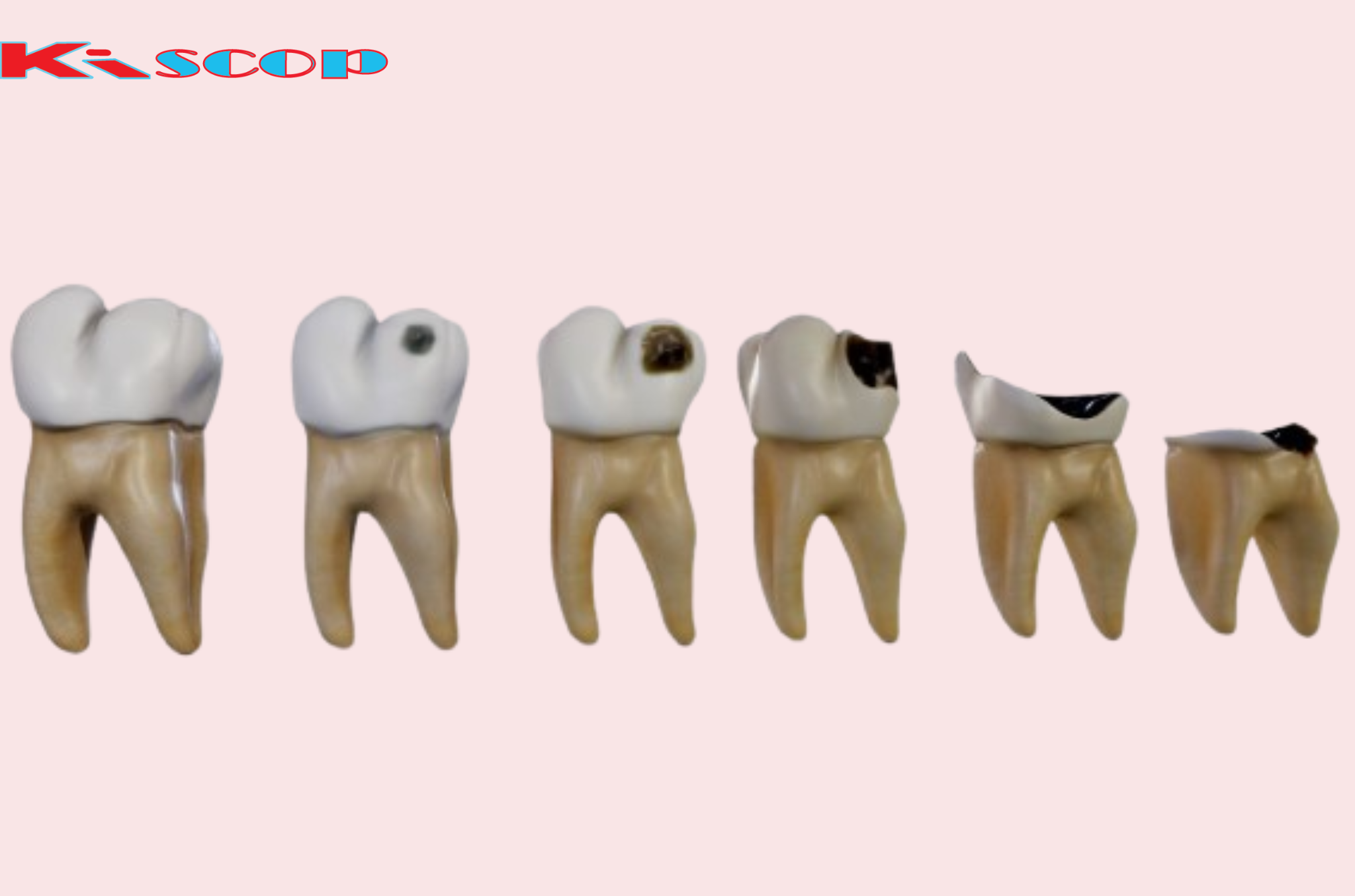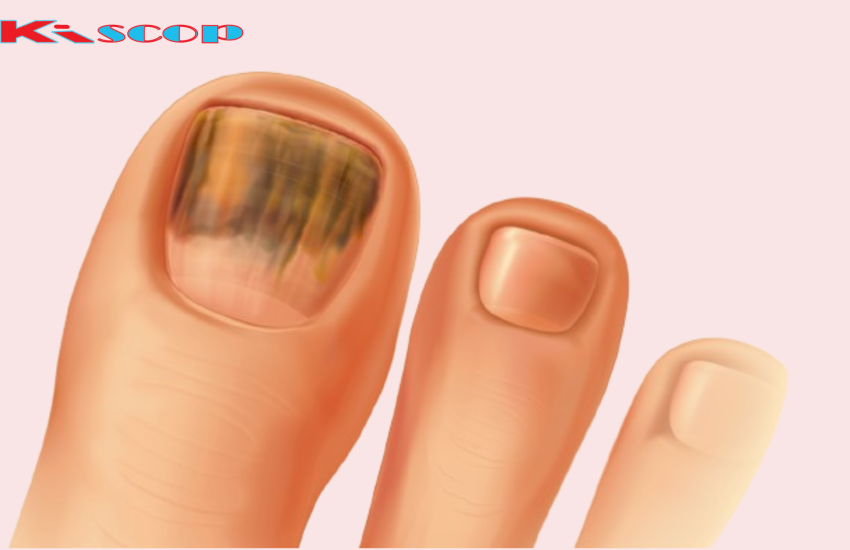Comprehensive Guide to Eliminating Cavities and Preventing Tooth Decay
Cavities and tooth decay are pervasive dental issues, but with the right knowledge and proactive care, you can protect your teeth and maintain a healthy, radiant smile. Let’s dive deep into how you can effectively get rid of cavities and prevent future decay.
Understanding Cavities and Tooth Decay: The Enemy Within
Cavities, also known as dental caries, are the result of tooth decay—a process that gradually destroys the tooth’s hard outer surface, the enamel, and can penetrate deeper into the tooth if left untreated. Tooth decay begins when plaque, a sticky film of bacteria, builds up on your teeth. When you consume foods and drinks that are high in sugar or starches, the bacteria in plaque produce acids. These acids attack the enamel, leading to the loss of minerals and eventually forming cavities.
If not addressed, this decay can advance into the dentin (the layer beneath the enamel) and even reach the tooth pulp, which contains nerves and blood vessels. Advanced decay can cause severe pain, infection, and even tooth loss.
Steps to Get Rid of Cavities: Effective Treatment Options
Once cavities form, they require professional treatment. Here are the most effective methods used by dentists:
- Fluoride Treatments: Strengthening Enamel
- When to use: Early stages of tooth decay.
- How it works: Fluoride helps to remineralize weakened enamel and can reverse early tooth decay before it progresses to a cavity. This treatment is available in the form of gel, varnish, or foam and can be applied by a dentist.
- At-home care: Use fluoride toothpaste and mouthwash regularly to maintain strong enamel.
- Dental Fillings: Restoring Damaged Teeth
- When to use: For cavities that have advanced beyond the initial stage.
- How it works: The decayed part of the tooth is removed and filled with materials such as composite resin, amalgam, or porcelain to restore the tooth’s integrity.
- Benefits: Prevents the progression of decay and restores the tooth’s function.
- Crowns: Comprehensive Protection
- When to use: For extensive decay that weakens the tooth significantly.
- How it works: The damaged part of the tooth is removed, and a custom-made crown (cap) is placed over the remaining tooth structure. Crowns are often made from porcelain, ceramic, or metal.
- Benefits: Provides durable protection and restores the tooth’s appearance and function.
- Root Canal Therapy: Saving the Tooth
- When to use: When decay reaches the pulp, causing infection or severe pain.
- How it works: The infected pulp is removed, the inside of the tooth is cleaned and disinfected, and then it is sealed. A crown is often placed afterward to strengthen the tooth.
- Benefits: Saves a tooth that might otherwise need to be extracted and prevents the spread of infection.
- Tooth Extraction: Last Resort
- When to use: When the tooth is too damaged to be repaired.
- How it works: The entire tooth is removed. After extraction, options like dental implants, bridges, or dentures can replace the missing tooth.
- Benefits: Eliminates the source of infection and pain, but requires replacement to avoid issues with chewing, speech, and alignment.
Preventing Cavities and Tooth Decay: Building Strong Defenses
Prevention is key when it comes to cavities and tooth decay. Here are strategies to keep your teeth healthy and free from decay:
- Optimal Oral Hygiene Routine: Consistency is Key
- Brush Twice Daily: Use fluoride toothpaste to brush for at least two minutes, reaching all surfaces of your teeth.
- Floss Daily: Clean between your teeth where a toothbrush can’t reach to remove plaque and food particles.
- Use Mouthwash: Rinse with an antiseptic mouthwash to kill bacteria and strengthen enamel.
- Dietary Choices: Fuel for Healthy Teeth
- Limit Sugary and Acidic Foods: Reduce your intake of sugary snacks, sodas, and acidic foods that can erode enamel.
- Consume Calcium-Rich Foods: Dairy products, leafy greens, and nuts help to strengthen your teeth.
- Stay Hydrated: Drink plenty of water, especially fluoridated water, to wash away food particles and bacteria.
- Regular Dental Checkups: Professional Oversight
- Visit Your Dentist Twice a Year: Regular checkups and cleanings help catch cavities early and remove tartar buildup.
- Consider Dental Sealants: Sealants can be applied to the chewing surfaces of your back teeth to prevent decay.
- Fluoride Use: Strengthening Enamel
- Incorporate Fluoride into Your Routine: Use fluoride toothpaste and consider professional fluoride treatments for added protection.
- Consider Fluoridated Water: Drinking fluoridated water can significantly reduce your risk of cavities.
- Avoid Harmful Habits: Protecting Your Teeth
- Don’t Smoke: Smoking can weaken your immune system, making it harder to fight off gum disease, and it also contributes to bad breath and stained teeth.
- Limit Alcohol Consumption: Alcohol can dry out your mouth, reducing saliva and making it easier for plaque to build up.
Advanced Preventive Measures: Going the Extra Mile
For those at higher risk of cavities or who want to be particularly proactive, consider these additional measures:
- Xylitol Gum: A Sweet Defense
- How it works: Chewing gum with xylitol, a sugar substitute, can help reduce bacteria in the mouth and increase saliva production, which helps wash away food particles and neutralize acids.
- Probiotics: Balancing Oral Flora
- How it works: Some studies suggest that probiotics may help reduce harmful bacteria in the mouth and promote a healthier balance of oral microbiota.
- Oil Pulling: Ancient Practice with Modern Benefits
- How it works: Swishing oil (such as coconut or sesame oil) in your mouth for about 15-20 minutes can reduce harmful bacteria and plaque formation. This practice, known as oil pulling, has its roots in traditional Indian medicine.
Conclusion: Empower Yourself Against Cavities and Decay
Eliminating cavities and preventing tooth decay is a multi-faceted process that involves both professional treatment and diligent self-care. By understanding the causes and taking proactive steps to maintain your oral health, you can protect your teeth for a lifetime. Remember, your smile is one of your most valuable assets—keep it bright and healthy by staying informed and committed to your dental care routine. Regular visits to your dentist, combined with daily oral hygiene and a healthy lifestyle, are your best defenses against cavities and tooth decay.



